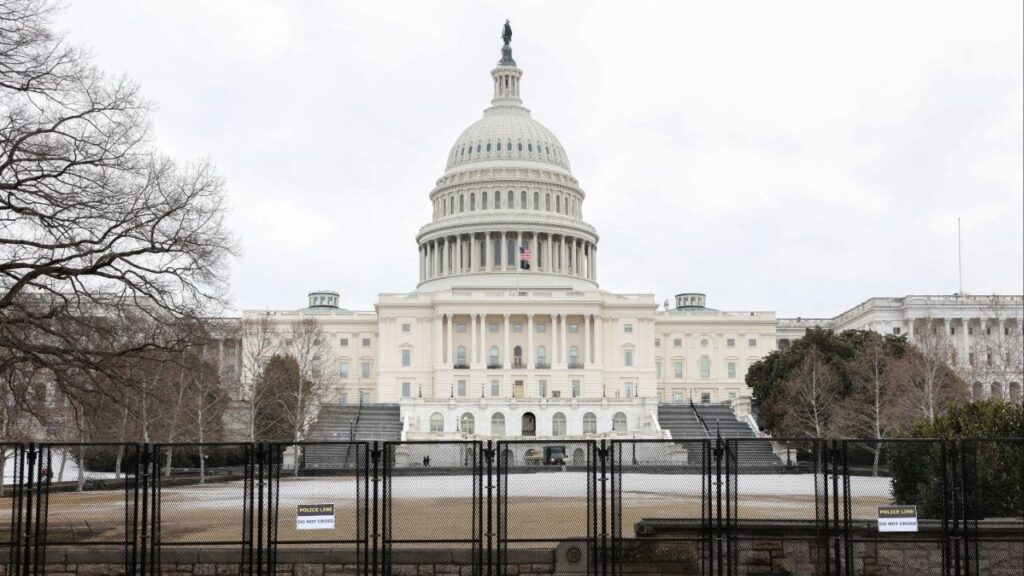Share
WASHINGTON — In a strong rebuke to President Donald Trump, the four living former leaders of the Federal Reserve say the head of the nation’s central bank should be able to make interest-rate decisions free of political pressure and the threat of being removed or demoted.
The former chairs — Paul Volcker, Alan Greenspan, Ben Bernanke and Janet Yellen — argued in an opinion piece published Tuesday in The Wall Street Journal that history has proven that central banks deliver the best results for the economy when they act “independently of short-term political pressures.”
Current Fed Chairman Jerome Powell has come under heavy attacks from Trump, who has repeatedly attacked Powell’s decisions and has reportedly explored the possibility of either firing Powell or demoting him as Fed chairman.
Powell, the only Republican on the Fed’s seven-member board at the time, was tapped by Trump to replace Yellen as Fed chairman starting in February 2018 after Trump decided not to offer Yellen a second four-year term.
Turbulence From Trump’s Trade Battle With China
For the past year, Powell has been subjected to a steady stream of attacks from Trump who was unhappy that the Fed raised rates four times last year and has been slow to cut rates this year. The Fed did slash its key policy rate by a quarter-point last week and economists believe that more rate cuts are coming to cushion the U.S. economy from the turbulence stirred up by Trump’s trade battle with China.
“In retrospect, not all our choices were perfect. But we believe those decisions were better for being the product of nonpartisan, nonpolitical assessments … rather than being motivated by short-term political advantage,” the former Fed officials wrote.
The opinion piece stated that Fed board members are safeguarded from political interference by being appointed for lengthy 14-year board terms and the provision that Fed board members, including the chair and vice chairs, “may be removed only for a cause related to violations of law or similar misbehavior and not for policy differences with political leaders.”


















